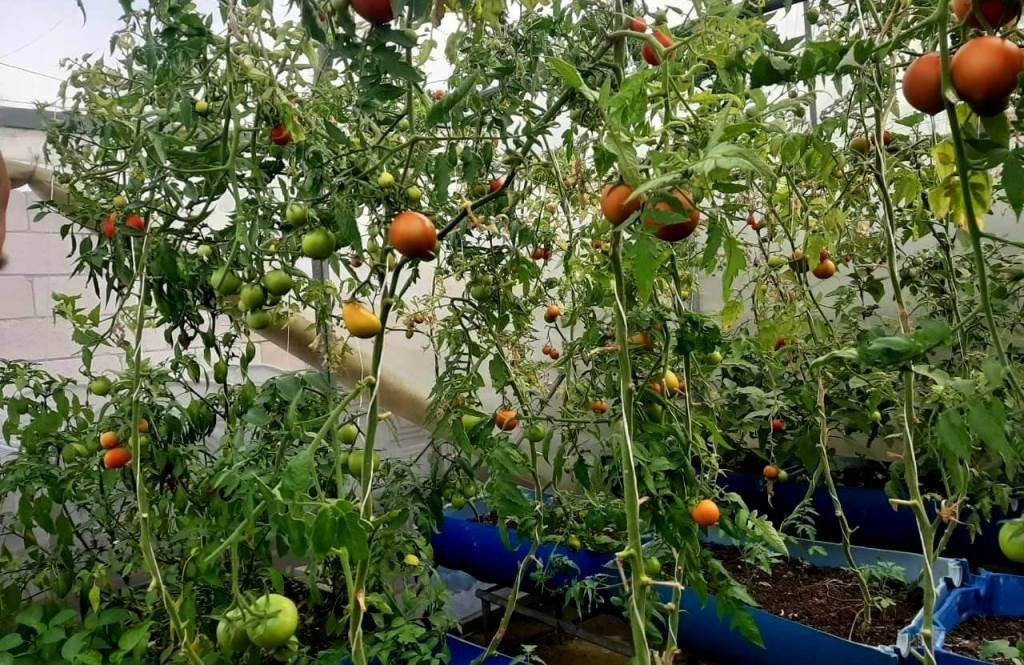
Ain al-Hilweh Rooftop
Abido Basha – Al Akhbar Newspaper
15.9.2022 – 4727
Something closer to fairy tales, without fairies. I didn’t wait for what would fall on my shoulders from the beginning of the day. Entering the camp, as if entering misery. This is what comes to mind when thoughts shake your boat drowned in the water of the days. The camp, then the misery, the descending tears, the monstrous chambers, the humans, an audience living on the remains of the walls.
But entering with Dr. Zafer al-Khateeb is hitting the ground without fear of colliding with the loafers on the roads. No scarecrows, no straw men.
Sparrows, only birds sing as the eyes of angels sing as they fly like superstitions with their soft, stubborn bodies. Since entering through the gate of the camp to Ain al-Hilweh, scissors will jump into your hands, and cut the excess images, the exaggerated images, so that the images will level their titles after these titles have been stuck in the wind.
A cup of tea, or a glass of light, then you go with one of Nashet’s ladies, with the ladies of Zeweditina without saying goodbye on a visit to the rooftops of houses in the Palestinian camp. The lady is neither old nor young.
However, she leads you to the project like a tooth fairy. Fly to the Acropolis of Agriculture, not to a club or café. No orphan rose is left in an office and then leaves. There are many roses. Every partner is a rose, she will not wither on a desk and will not turn to her death. Because balconies, and rooftops, on their ability or narrowness, will not be filled with roses or jasmine. Vegetables do not close their eyes and sleep as they bloom to life. The surfaces will never be empty after the plantings on them have crumbled like Ballet dancers. Tomato, cucumbers, and eggplants on a special soil arrange dreams away from snowmen or swimmers in the summer seas. It’s a solid project. And the project of who legislated, this is its origin.
And who legislates raises the trees of Eid not poems in the streets. Because poems don’t knock on doors. Although in the agricultural development project, there is something of poetry, if those who stand on it teach thorns the lessons of vegetables, every plant
is a woman standing on the T of feminization, not the T of Abuse. This is a project against desertification, a project for children and grandchildren, a project to abolish the circuits of the chorea and the wrestlers of the matador in favor of those who suffer poverty, loneliness, and hearing the creaking of age like the creaking of carts rolling on the grains of hail.
The plants dance on rooftops to illuminate the last hot hopes for a more reasonable life, with this justified work, this economic activity, where the man, where the woman, sees what grows up in her hands, sees something of the Mustafa from Raqqa, for some of them to give each other his share of gifts. Everything is free from Nashet.
And then there’s a woman, I see her alone knocking on her plantings as if arranging an exit basket for her annual vacation with a project that doesn’t scatter itself behind the lines as he practices wisdom away from yoga sessions. No cedar, no oak, no nymph. Plant what is eaten fiercely or meekly, but plant. This is how agriculture seizes the fierceness in person and turns it into gentleness after the project involved its research, designs, and goals.
There is a project life cycle. Every project has its own life. A Nashet Project is moving away from the reckless days and nights. A project determined to overthrow the wolves of the valleys. It doesn’t care about sacrificing a butterfly shepherd or sitting on the sleeves. The Project owners realize that the less impact they have on the project, the less risky it will be. Since they are determined not to influence, then there is no danger. Vegetable flocks do not tire the eyes and do not tire of sight. On the contrary. To see your shadow stretched out on what you planted is not a bitter mistake, this is part of turning difficult situations into situations that do not chew people with borrowed teeth.
Everyone will celebrate planting and picking. Most importantly, the project dissolves them into a kind of networking. No holding of plows or known planting tools. Because agriculture is not a cannon directed at a paper plane and roosters do not skirmish on the borders of villages.
The village is on the roof.
Moreover, the networking of relations between planters has nothing to do with family or social relations. This is one of the amazing features of the project. Engage, and manage specific goals. Networking, assessing what goes beyond social relationships to family ties through commendable communication in front of gardens that their owners reach as if they were reaching the golden ages.
When a planter gets tired, he takes out his handkerchief to wipe his forehead or forehead with it. Cultivation such as the cultivation of wheat kernels. Industrial societies have gained access over agricultural societies.
I am not talking about the absence of the city in favor of the colony or the return to the pre-city stage. No one can drag himself into this idea, but to stand by the side of a cactus on the roof of your house, in that of reality what is in it of imagination and beauty.
